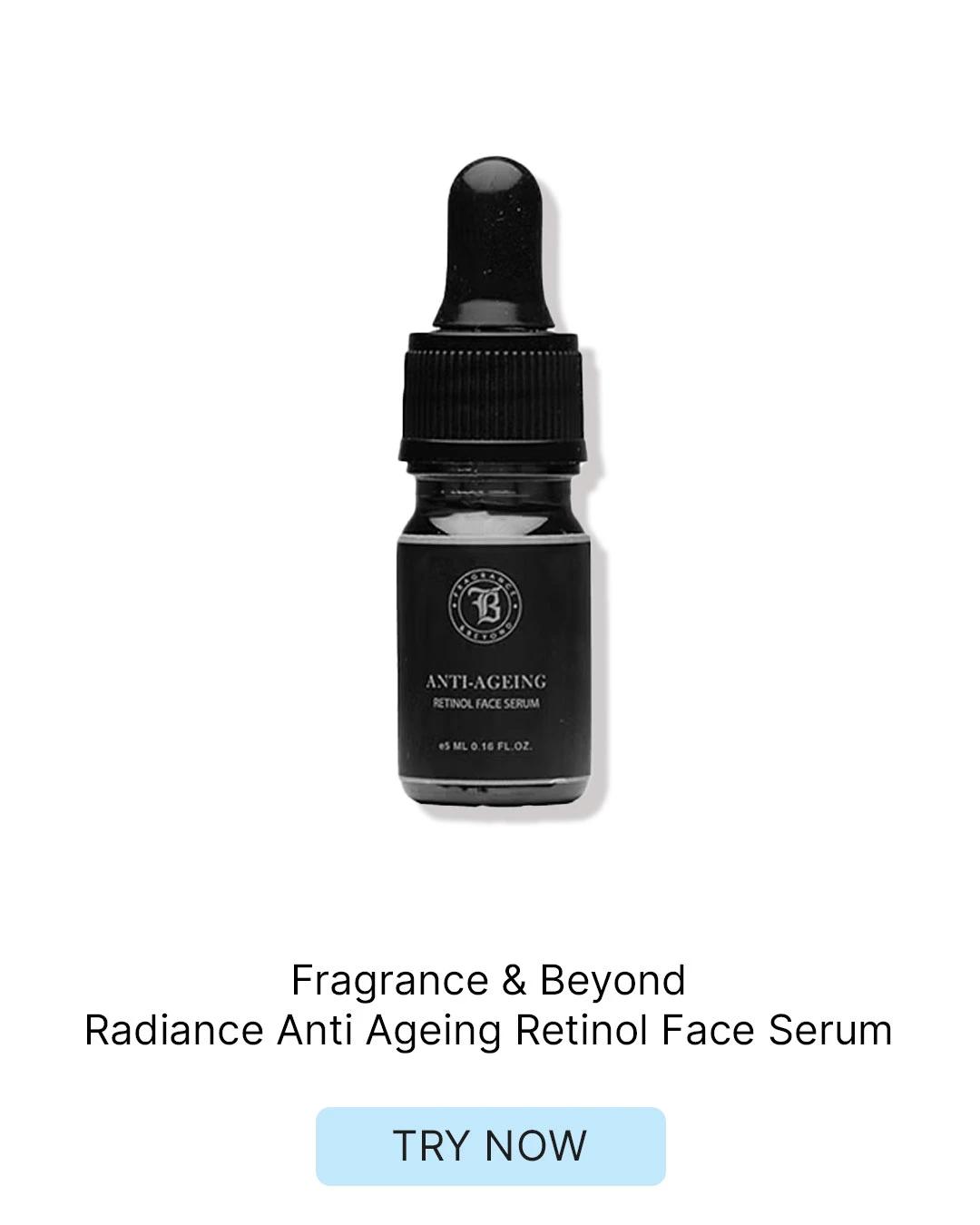Let's be real—retinol has become the skincare world's golden child, and for good reason. This powerful ingredient has transformed countless routines, earning its reputation as the ultimate anti-aging superstar. From smoothing fine lines to tackling stubborn acne, retinol cream has become your kind of pick for addressing multiple skin concerns in one go. Whether you're curious about starting your retinol journey or looking to understand why everyone's obsessing over this vitamin A derivative, we've gathered expert insights to help you navigate this skincare revolution. Ready to discover what makes retinol worth all the hype?
The Science Behind Retinol: Understanding the Anti-Aging Powerhouse
Retinol is essentially a form of vitamin A that works at the cellular level to transform your skin from within. This incredible ingredient belongs to a family called retinoids, which have been studied extensively for decades. Originally developed for acne treatment in the 1970s, researchers soon discovered its remarkable anti-aging properties, making it a cornerstone of modern skincare.
The magic happens when retinol penetrates your skin and converts into retinoic acid—the active form that actually does the heavy lifting. This process triggers a cascade of cellular changes that address everything from texture issues to signs of ageing. What makes retinol particularly special is its ability to communicate with your skin cells, essentially telling them to behave like younger, healthier versions of themselves.
Retinol's Impact on Skin Cell Turnover
Your skin naturally sheds old cells and creates new ones, but this process slows down as you age. Retinol acts like a gentle nudge, accelerating skin cell turnover to reveal fresher, more radiant skin underneath. This increased cell renewal helps shed dull, damaged surface cells whilst promoting the growth of healthy new ones.
The result? Noticeably improved skin texture and a natural glow that no highlighter can replicate. This process typically takes 4-6 weeks to show visible results, so patience is key when starting your retinol journey.
Collagen Production: Retinol's Secret Weapon
Collagen is like your skin's internal scaffolding—it keeps everything plump, firm, and bouncy. Unfortunately, we lose about 1% of our collagen each year after age 25. Retinol steps in as the ultimate cheerleader, stimulating fibroblasts to produce more collagen

 50 gm
50 gm 50 gm
50 gm 30 ml
30 ml 120 ml
120 ml